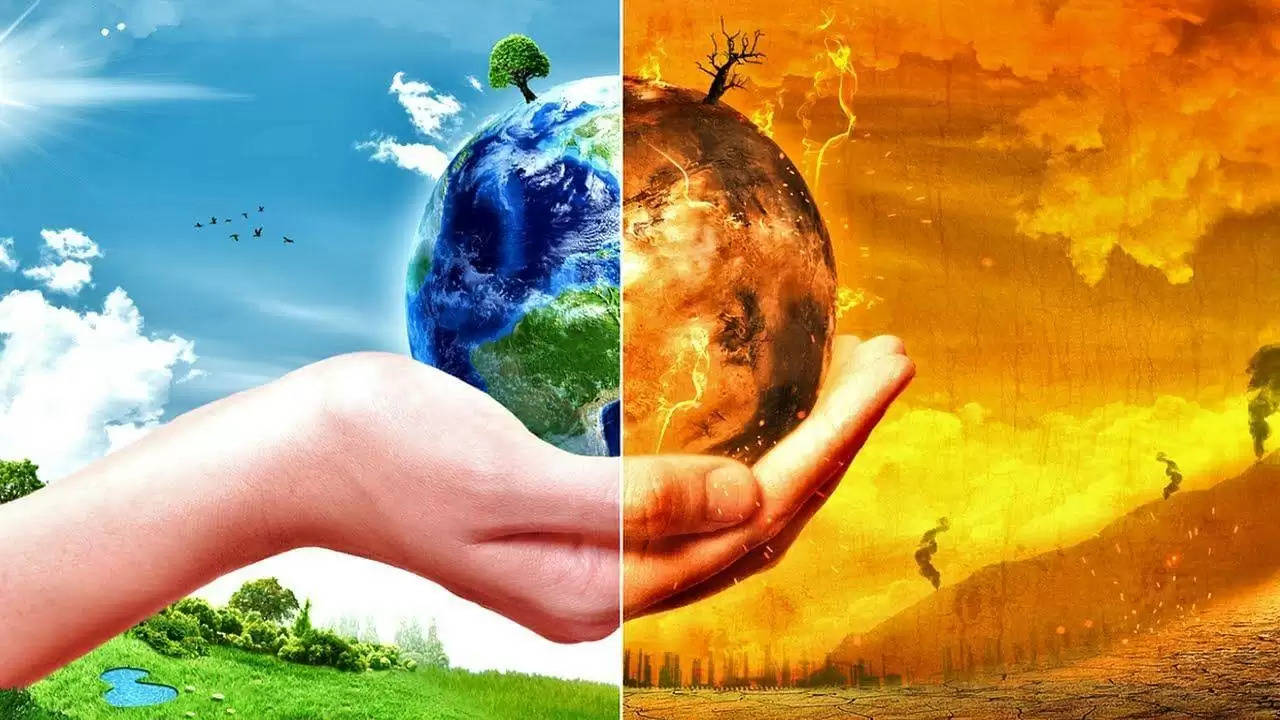EDITORIAL | Climate Change: Enough with the talks, it's time to act!

FROM THE EDITOR’S DESK:
According to most estimates, global temperatures may rise between two and nine degrees Fahrenheit if we take no action in the next 50 years.
This should come as no surprise, as the Uttarakhand glacier disaster is just one of many examples of the rise in surface temperatures which has multiple effects on environment.
As operations are on to rescue over 200 people, we need to remind ourselves that global climate change could also change weather patterns in many regions, causing droughts, floods and widespread disruption of natural ecosystems.
The Kyoto Protocol implemented the aim of the United Nations Framework Convention on Climate Change (UNFCCC) to reduce the onset of global warming by reducing greenhouse gas concentrations in the atmosphere to a level that would prevent dangerous interference with the climate system.
The 1997 conference in Kyoto, Japan, had also set goals for industrialised countries to reduce their output of carbon dioxide and related gases modestly over the next decade, but the goals will probably not be met.
Let us also remind ourselves that the Intergovernmental Panel on Climate Change’s (IPCC) Special Report 1.5 degree centigrade, published on October 8, 2018 is unequivocal in its assertion that unless net carbon dioxide (CO2) emissions are brought down to zero by 2050, warming above 1.5 degree centigrade is inevitable (Source: Climate Change Reader for Universities.)
Daniel Yergin’s book ‘The Quest: Energy, Security and the remaking of the modern world’ is what policymakers and politicians should read to craft their next plan of action towards the survivability of this one planet.
Climate change affects the entire world, and some regions across the globe are already experiencing extreme weather events.
Developing countries will probably suffer the brunt of it all, as most of the people who depend on their natural environment would have to cope with the drastic changes.
Not only will climate change affect human life, the affects would shake down entire economies as well.
Scientists at the U.N. Convention on Biological Diversity concluded that we lose 150 species of wildlife with each passing day.
Throw in climate change and we’d be right to guess that the number would be more.
Many of us talk about preserving and protecting this world for our future generations. At this rate, what will we be leaving them?
The time for talk is over. The time to act is now.

















